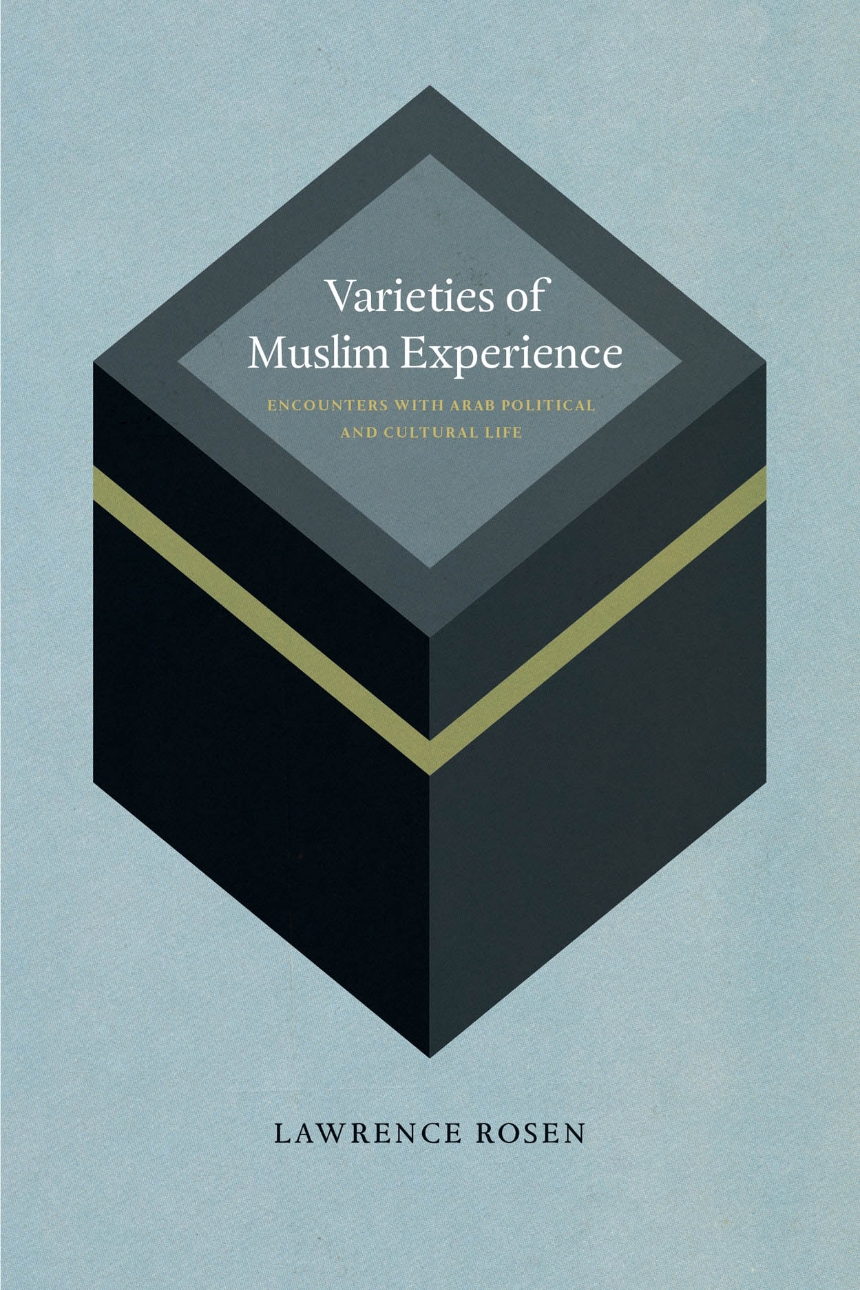Varieties of Muslim Experience
Encounters with Arab Political and Cultural Life
Varieties of Muslim Experience
Encounters with Arab Political and Cultural Life
In Varieties of Muslim Experience, anthropologist Lawrence Rosen explores aspects of Arab Muslim life that are, at first glance, perplexing to Westerners. He ranges over such diverse topics as why Arabs eschew portraiture, why a Muslim scientist might be attracted to fundamentalism, and why the Prophet must be protected from blasphemous cartoons. What connects these seemingly disparate features of Arab social, political, and cultural life? Rosen argues that the common thread is the importance Arabs place on the negotiation of interpersonal relationships—a link that helps to explain actions as seemingly unfathomable as suicide bombing and as elusive as Quranic interpretation.
Written with eloquence and a deep knowledge of the entire spectrum of Muslim experience, Rosen’s book will interest not only anthropologists and Islamicists but anyone invested in better understanding the Arab world.
278 pages | 6 x 9 | © 2008
Anthropology: Cultural and Social Anthropology
History: Middle Eastern History
Political Science: Diplomacy, Foreign Policy, and International Relations, Political and Social Theory
Religion: Islam
Reviews
Table of Contents
Introduction: Presenting and Re-presenting Islam
ONE Just and Not Just
1 Junk Democracy
2 What (If Anything) Went Wrong? Personalism, Institutions, and the Unfractionated Self
3 Why Do Arab Terrorists Kill Themselves?
4 On the Meaning of Ownership: The Problematic of Property in Moroccan Culture
5 Islamic Concepts of Justice
TWO Readings and Re-readings
6 Reading the Koran through Western Eyes
7 Why Portraits Hold No Meaning for Arabs
8 Protecting the Prophet: Understanding Muslim Reactions to the Danish Cartoon Controversy
9 Theorizing from Within: Ibn Khaldun and the Understanding of Arab Political Culture
THREE Representatives and Representations
10 Knowledge Forms: Scientists as Fundamentalists
11 Expecting the Unexpected: Cultural Components of Arab Governance
12 Power and Culture in the Acceptance of "Universal" Human Rights
Afterword
Notes
References
Index
